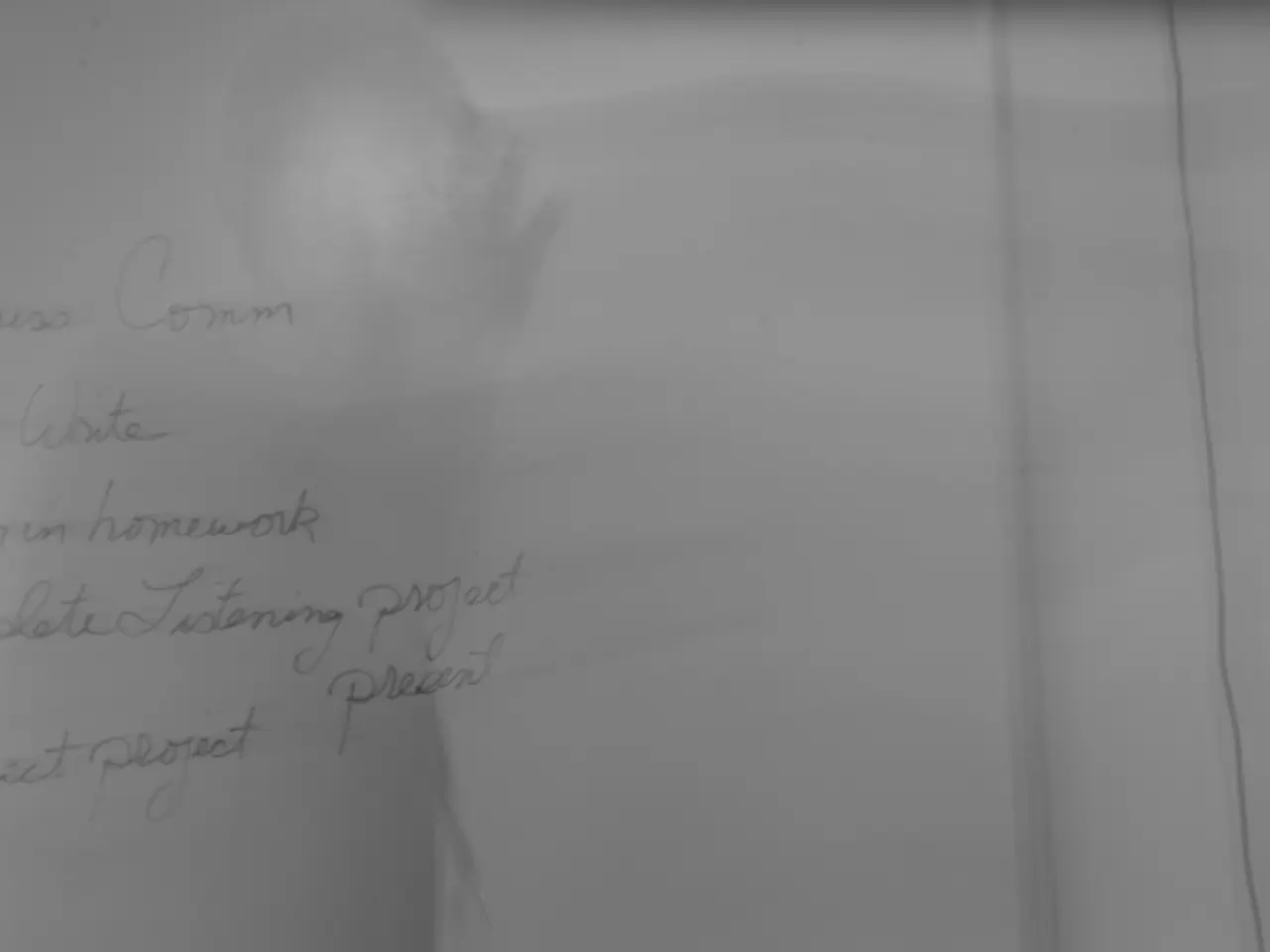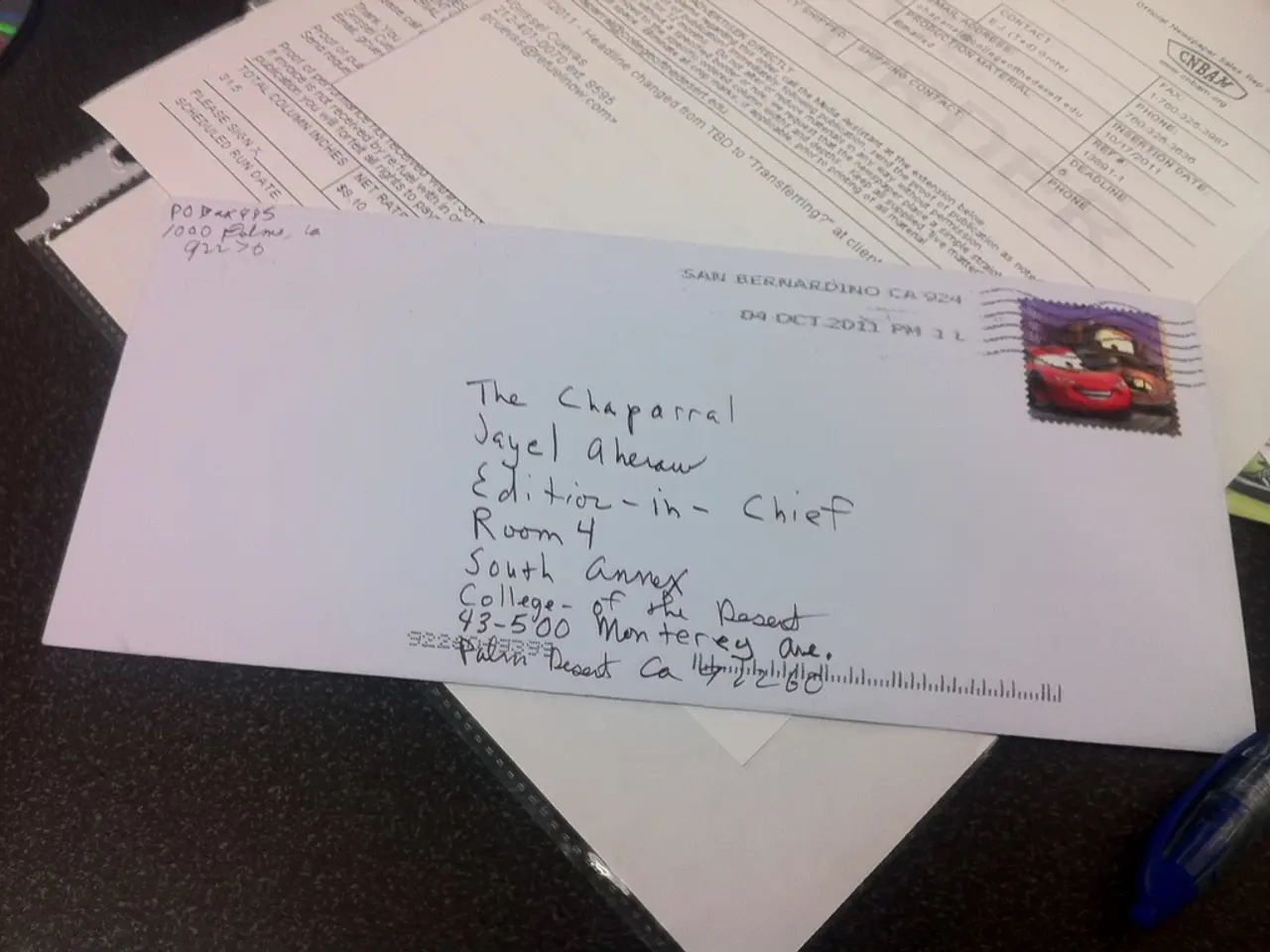US-bound Pecorino manufacturers advocate to ward off custom duties from the United States
In a challenging turn of events, the Consorzio di Tutela del Pecorino Romano is bracing itself for additional hurdles in avoiding new U.S. tariffs, following President Donald Trump's announcement of potential tariff increases. This could have a significant adverse impact on exports and the related market, given that the U.S. accounts for approximately 40% of the cheese's annual exports.
The proposed tariff hike, which could elevate prices from the current 10% to 30%, may lead to a substantial rise in consumer prices for Pecorino Romano cheese in the U.S., currently retailing at around $35 to $40 per kilo. This price sensitivity could result in a decline in demand as buyers might opt for cheaper or alternative cheese products.
Moreover, the increased tariffs could significantly decrease exports to the U.S. market, as noted in other Italian PDO cheeses following similar tariff hikes, where exports could fall by about 20%. The tariff increase places European Pecorino Romano at a competitive disadvantage compared to U.S.-produced cheeses or other substitutes, as industrial buyers might prefer domestic or lower-cost alternatives.
The Consorzio di Tutela del Pecorino Romano, led by President Gianni Maoddi, is actively engaging with both U.S. and EU officials to avoid such tariff hikes. They emphasise the cheese's long-standing presence and popularity in the U.S. market, spanning over 140 years, and call for diplomatic efforts to preserve trade.
However, the potential tariff increase could further complicate these discussions, and the lack of production based on sheep's milk like Pecorino Romano in the U.S. could create an even greater imbalance in local production. This situation could potentially trigger a shift towards alternative cheese products in the U.S. market, posing a significant risk to Pecorino Romano sales.
The unique qualities of Pecorino Romano, such as being produced from sheep's milk, are being emphasized in these talks to highlight its distinctiveness from domestic or lower-cost alternatives. Beyond Pecorino Romano, similar tariffs threaten other Italian cheeses' exports, risking significant revenue loss and job impacts in the Italian cheese production sector, suggesting potential collateral effects on the overall Italian dairy export economy.
The potential tariff increase for Pecorino Romano could have far-reaching implications in the finance and business sectors, as an increase in consumer prices may lead to a decline in demand and potential revenue loss. Furthermore, the tariff hike could disrupt the culture of Italian cheese, particularly the industry, by destabilizing exports and creating opportunities for American-produced or lower-cost alternatives to gain market share.




